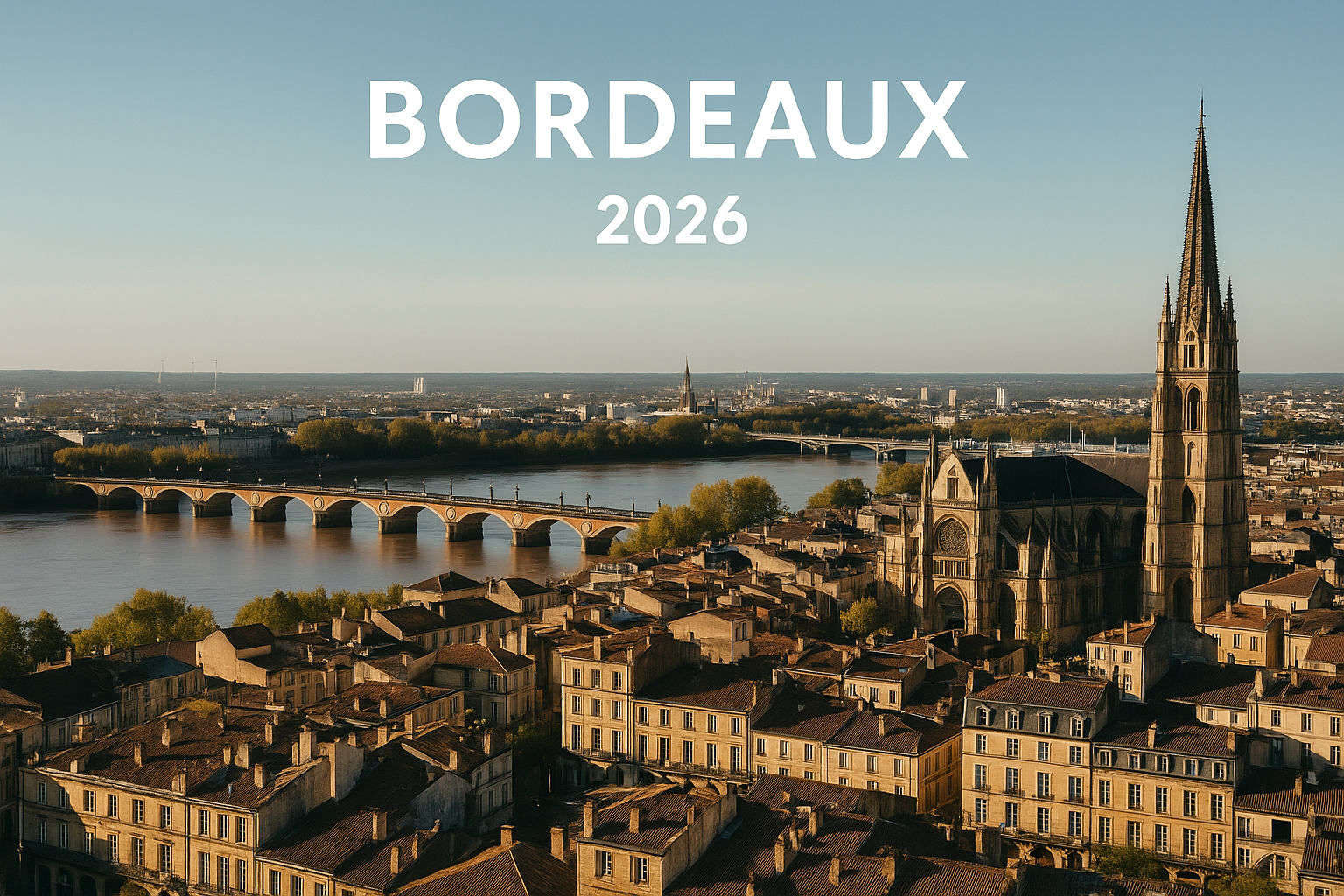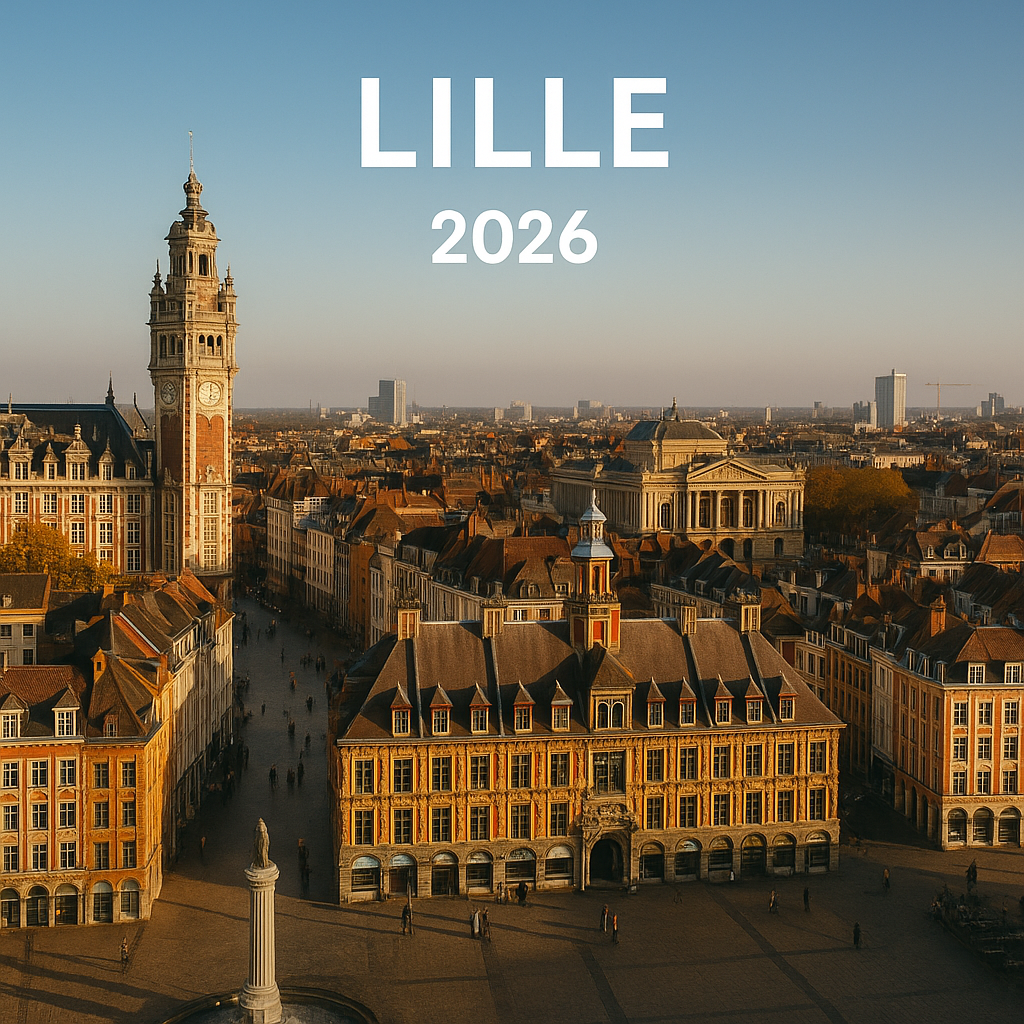Marseille is undergoing a profound transformation as 2025 approaches. The port city has long been a crossroads of cultures and commerce, but now it is embracing inclusive mobility to ensure that all residents can move freely. Only nine metro stations are fully accessible today, yet two more will be adapted this year and the network aims to be fully accessible by 2030. New automatic trains will increase frequency, and the extension of Line 2 northwards will better connect outlying districts. These improvements are designed to enhance the quality of life for people with reduced mobility. Through the Askaide platform, families and volunteers can arrange accompaniment services for those who need assistance getting to medical appointments or simply visiting friends across town.
Alongside the metro, the city's tram and bus networks are evolving. Air-conditioned trams with low floors will offer easier boarding, while high-level service buses and a maritime shuttle will link the Prado beaches with L’Estaque. Such projects foster cleaner transport and reduce congestion. They also create opportunities for residents to share rides or organise adapted journeys via Askaide’s transport category. By connecting drivers and passengers who share similar routes, the platform helps reduce emissions and builds community ties. People can also offer to run errands or pick up groceries for neighbours, reinforcing the spirit of mutual aid that defines the city.
Urban renewal is another pillar of Marseille’s 2025 agenda. In the Euroméditerranée district, affordable housing, parks and shops are springing up. Residents are not passive spectators; they are taking part in DIY workshops to beautify public spaces and renovate old buildings. Community gardens are flourishing in previously neglected lots, and local groups use Askaide’s gardening section to recruit volunteers for planting days and tool-sharing initiatives. The platform also helps families find home help for cleaning or elder care, freeing time to participate in civic projects.
Marseille’s solidarity extends beyond construction. Programmes for homework support are expanding to help children who fell behind during the pandemic. Veterinary clinics are partnering with charities to offer affordable care for pets, highlighting the importance of animal health. Meditation, yoga and other well-being sessions are popping up on Askaide as residents seek balance. Digital literacy courses teach seniors and sailors to use online tools for banking and communication. Cultural festivals and neighbourhood events rely on volunteers who can assist with administration and crowd management. The city is also preparing for rising sea levels and extreme heat by planting trees and creating cool zones. Workshops on adaptation teach residents to retrofit homes for energy efficiency, and Askaide users share tips on insulation or water-saving technologies. By sharing these opportunities on Askaide, organisers attract a diverse mix of people eager to contribute. Together, these initiatives demonstrate how inclusive mobility and grassroots action can transform a city. Marseille is not just updating its infrastructure; it is weaving a network of care that empowers every resident.Modernisation of transport (metro, trams, shuttles), urban renewal and solidarity initiatives in Marseille.marseille-2025-inclusive-mobility
Alongside the metro, the city's tram and bus networks are evolving. Air-conditioned trams with low floors will offer easier boarding, while high-level service buses and a maritime shuttle will link the Prado beaches with L’Estaque. Such projects foster cleaner transport and reduce congestion. They also create opportunities for residents to share rides or organise adapted journeys via Askaide’s transport category. By connecting drivers and passengers who share similar routes, the platform helps reduce emissions and builds community ties. People can also offer to run errands or pick up groceries for neighbours, reinforcing the spirit of mutual aid that defines the city.
Urban renewal is another pillar of Marseille’s 2025 agenda. In the Euroméditerranée district, affordable housing, parks and shops are springing up. Residents are not passive spectators; they are taking part in DIY workshops to beautify public spaces and renovate old buildings. Community gardens are flourishing in previously neglected lots, and local groups use Askaide’s gardening section to recruit volunteers for planting days and tool-sharing initiatives. The platform also helps families find home help for cleaning or elder care, freeing time to participate in civic projects.
Marseille’s solidarity extends beyond construction. Programmes for homework support are expanding to help children who fell behind during the pandemic. Veterinary clinics are partnering with charities to offer affordable care for pets, highlighting the importance of animal health. Meditation, yoga and other well-being sessions are popping up on Askaide as residents seek balance. Digital literacy courses teach seniors and sailors to use online tools for banking and communication. Cultural festivals and neighbourhood events rely on volunteers who can assist with administration and crowd management. The city is also preparing for rising sea levels and extreme heat by planting trees and creating cool zones. Workshops on adaptation teach residents to retrofit homes for energy efficiency, and Askaide users share tips on insulation or water-saving technologies. By sharing these opportunities on Askaide, organisers attract a diverse mix of people eager to contribute. Together, these initiatives demonstrate how inclusive mobility and grassroots action can transform a city. Marseille is not just updating its infrastructure; it is weaving a network of care that empowers every resident.Modernisation of transport (metro, trams, shuttles), urban renewal and solidarity initiatives in Marseille.marseille-2025-inclusive-mobility






